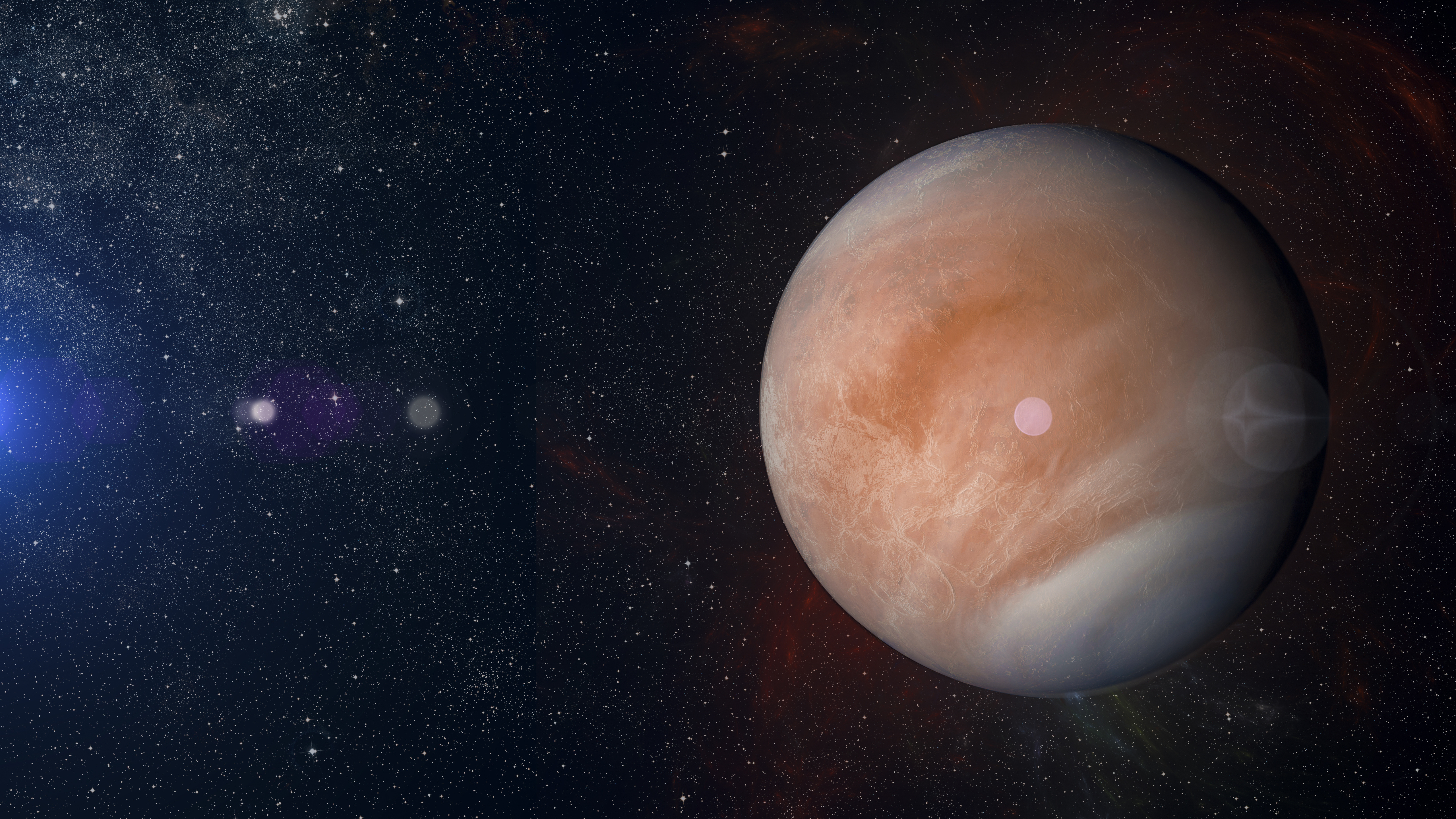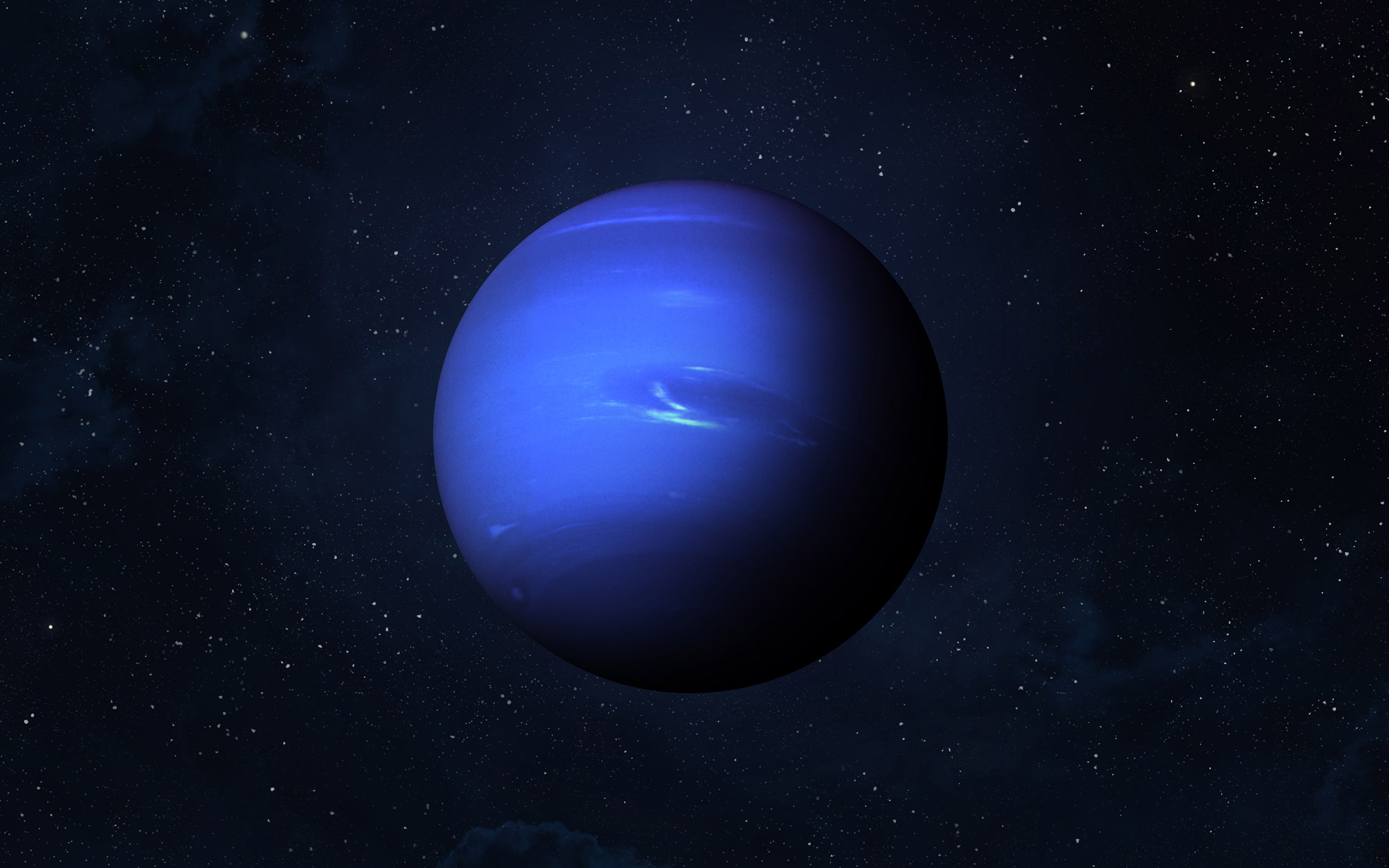Researchers at the University of Toronto in Canada have created simulations to observe how changes to a planet’s orbit could cause a chain reaction throughout the solar system. The researchers published their findings on the preprint server arXiv. The study shows that even an 0.1 percent change to Neptune’s orbit could completely destabilize our solar system. Luckily, it won’t happen in our lifetime.
Even the smallest change to Neptune’s orbit could destabilize our solar system

You probably already know that gravity can greatly influence cosmic objects as they make their way through space. We see this constantly in how the Sun’s gravity causes planets to orbit it. And even how it pulls comets from the edge of our solar system inward. You might not know that a passing star or another stellar object with enough of a gravitational pull could destabilize our entire solar system.
In the simulations, the researchers look at nearly 3,000 possible outcomes. Their goal was to see how small of an influence would be needed to create massive changes in our solar system. They considered stellar flybys of rare stars 100 times larger than our Sun and smaller red dwarf stars around five percent the size of our Sun. However, those red dwarf stars are often 100 times heavier than Jupiter.
In one of the simulations, the researchers noted that even an 0.1 percent change to Neptune’s orbit could cause catastrophic consequences for Mercury and Venus. So catastrophic that the two planets could crash into each other. Other simulations show that small changes could lead to longer-term issues, too. It’s scary to think that even a small change to Neptune’s orbit could destabilize our solar system.
Not in our lifetime

The good news is that such a terrifying event isn’t likely to happen in our lifetime. The researchers say an event like this happening is unlikely, even. However, it isn’t impossible. Additionally, if it were to happen, it would take millions of years, maybe even billions, for the effects of such a flyby to destabilize the solar system.
But how is something like this possible? How could a passing star change the orbit of a star, even slightly? Well, Neptune is the furthest planet from our Sun. Therefore, it experiences the weakest pull of gravity from the Sun. As a result, it would be much easier for a stellar object to fly past and change Neptune’s orbit. Causing it to destabilize our solar system.
But, as I noted above, this would take a long time. So long, the researchers say it is more likely the Sun would burn out before we’d have to worry about Neptune destabilizing the entire solar system. And even that isn’t expected to happen for billions of years.







